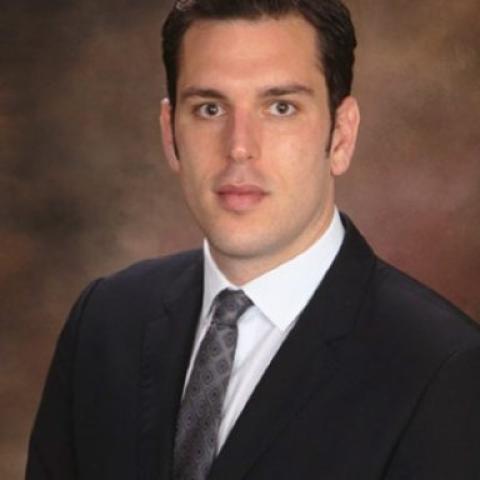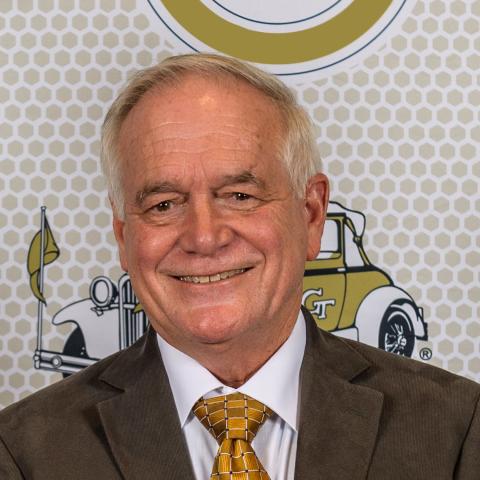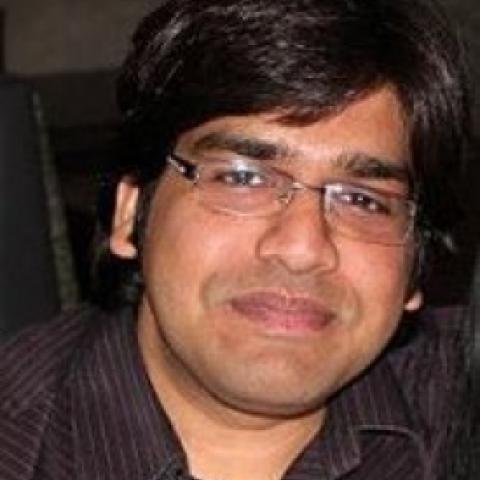After completing his Ph.D. studies in 1976, Professor Arduengo began his professional career at the DuPont company as a member of the research staff. Within a year, he accepted a position on the chemistry faculty at the University of Illinois. Dr. Arduengo returned to DuPont in 1984 to pursue applications for a previously unknown type of phosphorus compound (ADPO) that had been discovered by his research group at Illinois. In 1999 Professor Arduengo resumed his work in academe with research groups in Germany and the United States. He is Professor of the Practice in the School of Chemistry and Biochemistry at the Georgia Institute of Technology and Saxon Professor Emeritus in organic chemistry at the University of Alabama.
Professor Arduengo's research in the area of main group chemistry has produced many scientific "firsts," including the discovery of the first planar T-shaped bonding arrangement at phosphorus centers. Further work in this area at DuPont uncovered a previously unrecognized "edge inversion process" that operates at main group element centers and explains many apparent anomalies in main group element chemistry. Dr. Arduengo's interest in and study of compounds with unusual valence allowed him to synthesize the first stable crystalline carbene in 1990.
This carbene research not only represents a milestone in chemistry, but this science also has led to a rapidly increasing variety of commercial applications. "We're looking into uses in direct catalysis, for crosslinking polymers, and for transition metals catalysis in which carbenes can be incorporated as ligands." "We've added a new tool to the chemist's repertoire which we can take off the shelf and use at will to follow imaginative ideas in new directions."
Recently, the Arduengo Group research has joined the efforts of the Medicines for All Institute and participates in BARDA programs to develop modern, sustainable technology that facilitates repatriation of essential chemical and pharmaceutical manufacturing to U.S. shores.
His research earned him an Alexander von Humboldt senior research prize and the 1996 Gold Medal for 'Excellence in Main Group Chemistry' from the International Council on Main Group Chemistry. In 2007 Professor was elected Fellow in The American Association for the Advancement of Science.
Professor Arduengo trained as a traditional synthetic organic chemist, but has continually sought collaborations with experts in inorganic chemistry, polymer and material science, and recently through his carbene chemistry, bioorganic catalysis in order to broaden the scope and impact of his scientific interests. As a result, he is recognized in his own right as an expert such diverse areas. Work from the arduengo group has yielded approximately 150 publications and patents including articles intended to stimulate the interest of the young and lay-public in science.
He values teaching and quality science education, and even from his industrial positions, Professor Arduengo has actively maintained a strong commitment to the preparation of future generations of scientists by holding lectures and demonstrations for elementary and high school classes and his supervision of a dozen post-doctoral co-workers.
Professor Arduengo leads research groups in the United States and Germany and provides his co-workers with opportunities to study abroad. This bi-national research program fosters a broad training experience with industrial interactions in both Germany and the United States. Professor Arduengo is a strong advocate of international research and training experiences and regularly hosts U.S. undergraduate and graduate students in laboratories in Germany. During these semesters abroad students experience everyday life and culture in Germany in addition to conducting research in a foreign research environment. Professor Arduengo provides instruction in a variety of subjects in Chemistry as well as German language instruction so that students are able to stay on track toward their degrees with no lost time.
Additional Research
Interfaces of organic, inorganic chemistry, and material scienceChemical manufacturing infrastructure on renewable bio-mass, specifically wood – what is referred to as “Xylochemistry.”


